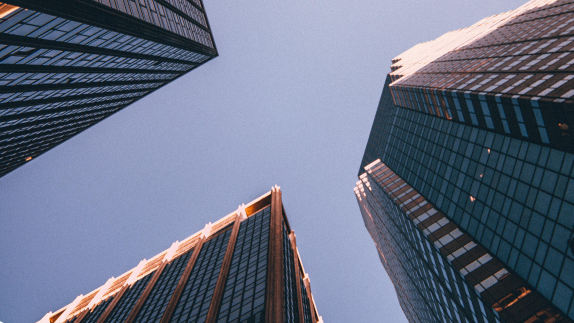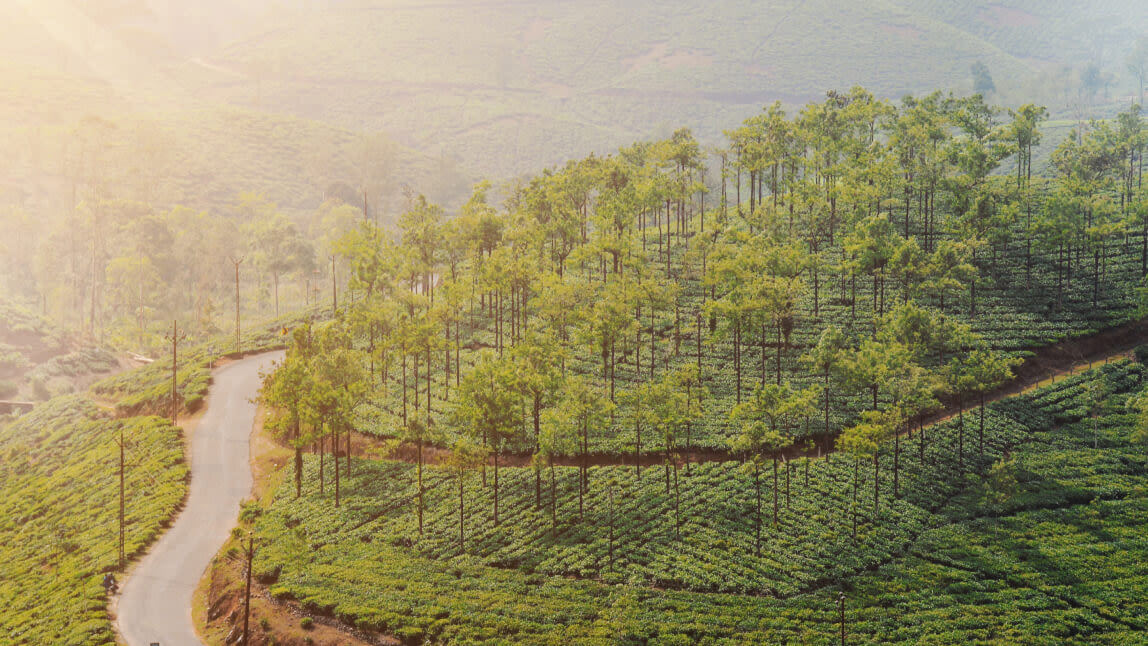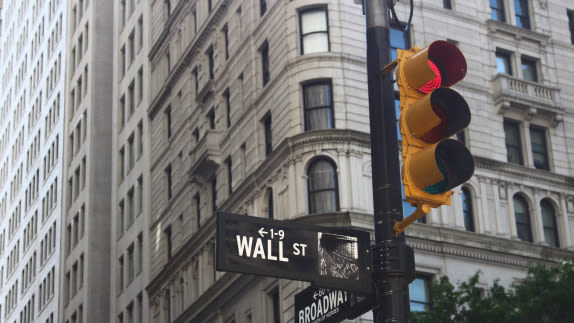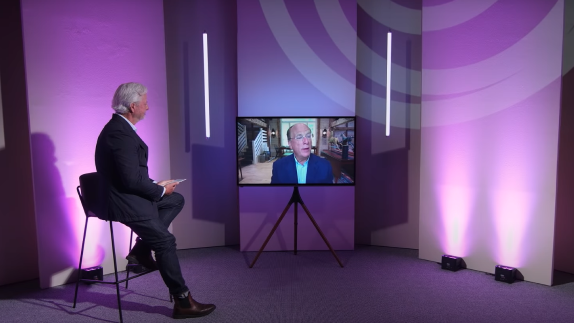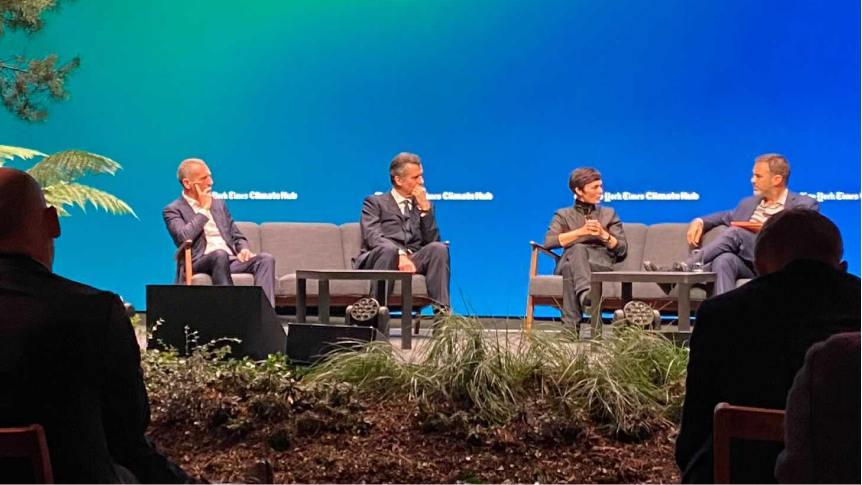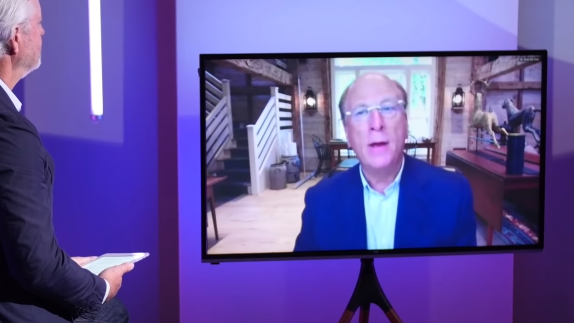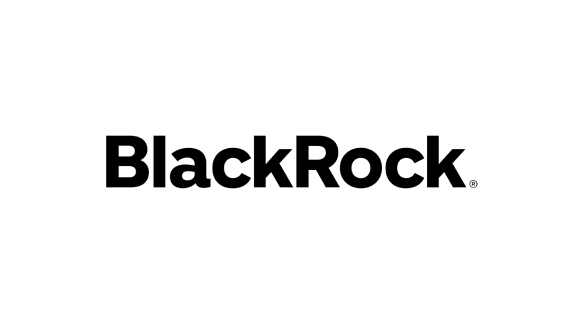
Membership status: Strategic Partner
BlackRock is the world’s largest asset manager. It invests on behalf of clients – ranging from pension funds and sovereign wealth funds to family offices and individuals – in assets such as shares of publicly-listed companies, corporate and sovereign bonds, and real assets, such as infrastructure and housing.
Founded in 1988 and headquartered in New York, BlackRock has a global portfolio, with more than USD 10 trillion of assets under management as of the end of Q4 2023.
Blackrock first partnered with the Foundation in 2019 to bring together the power of investment and the value creation opportunity of a circular economycircular economyA systems solution framework that tackles global challenges like climate change, biodiversity loss, waste, and pollution. It is based on three principles, driven by design: eliminate waste and pollution, circulate products and materials (at their highest value), and regenerate nature.. As Strategic Partner and as a fiduciary to its clients, BlackRock sees a role for investment in the circular economy and the important contribution it can make in the transition to a lower carbon economy.
In October 2019, BlackRock launched its first actively managed circular economy fund in partnership with the Foundation – a strong signal to other investors and companies.
The Fund aims to drive investments in businesses already contributing to, or benefiting from, the transition to a circular economy, and has more than USD 1.6 billion in assets under management, as of December 2023.
The Foundation provides BlackRock with expert insights and guidance on circular economy principles and practices that are used to inform the investment methodology of the Fund. BlackRock also endorsed the Foundation’s 2020 report Financing the circular economy: capturing the opportunity.
“Our partnership with BlackRock is an important step in the transition towards the circular economy. By enabling companies to rethink how they design and make products, and how we can best maintainmaintainKeep a product in its existing state of quality, functionally and/or cosmetically, to guard against failure or decline. It is a practice that retains the highest value of a product by extending its use period. and access products, materials, and infrastructure, the circular economy offers the finance sector a global, growing market and a multi-trillion-dollar opportunity, that is, so far, largely untapped. Circular business models represent a significant financial opportunity, offering the potential for new revenue streams, lower risk, and cost savings, as well as helping financial institutions to achieve net-zero climate and nature-positive biodiversity targets.”
Andrew Morlet, CEO, Ellen MacArthur Foundation
“The concept of circular economy is so important. It’s a foundational blueprint and if we could get more of the money owners to agree that this is a good way to invest, not just for social reasons, not just for environmental reasons, but for investment reasons, performance reasons.”
Larry Fink, CEO & Chairman, BlackRock
The circular economy in action at BlackRock: The BGF Circular Economy Fund
As the first step in its work with the Foundation, BlackRock launched the BlackRock Global Funds (BGF) Circular Economy Fund in 2019. This thematic fund is designed to drive investment in businesses already benefiting from, or contributing to, the transition to a circular economy. The Fund excludes investments in companies that extract fossil fuels, with the companies listed falling into three categories:
Adopters: Companies that are adopting the principles of a circular economy in their business operations, in a manner that has a meaningful and positive impact on the value of the company. For example, Adidas has committed to 100% recycled polyester in its trainers by 2024.
Enablers: Companies that provide innovative solutions enabling others to become circular, such as by offering sharingsharingThe use of a product by multiple users. It is a practice that retains the highest value of a product by extending its use period. or resale platforms, or innovative sorting and recycling technologies. An example is TOMRA whose ‘reverse vending machines’ allow consumers to return glass bottles and cans to supermarkets.
Beneficiaries: Companies that benefit from the transition to a circular economy, such as those that will see increased demand for their products resulting from shifts away from certain hard to recyclerecycleTransform a product or component into its basic materials or substances and reprocessing them into new materials. plastics. For example, Ball Corporation has seen significant growth in demand for its aluminium packaging as companies look for alternatives to plastic packaging.
BlackRock’s circular economy fund raised almost USD 1 billion in its first year, from just USD 20 million seed funding in October 2019. As of December 2023, the Fund has grown to USD 1.6 billion in assets under management. A 2021 report pointed to plastic packaging, fashion, food & water, building materials, electronics, and equipment as key sectors with high circular economy growth potential, closely aligned with the sectors identified in the Ellen MacArthur Foundation’s 2020 report.
Visit the BlackRock website for further information.
